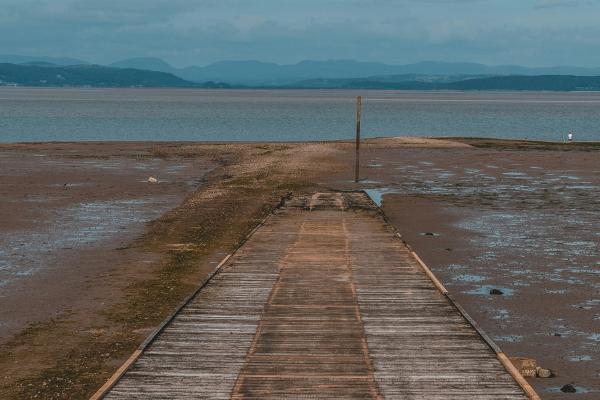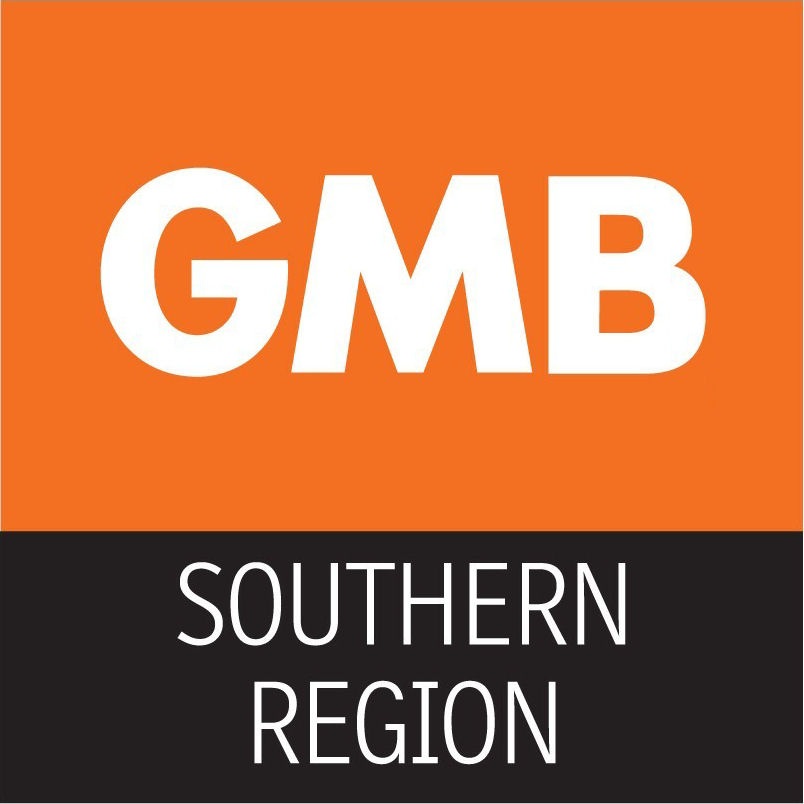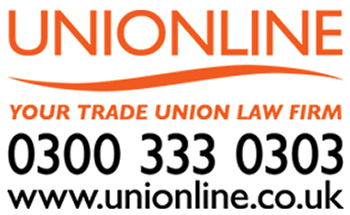Remembering the Morecambe Bay Cockling Disaster

21 workers died, 21 years ago today
What happened during the Morecambe Bay cockling disaster?
The Morecambe Bay cockling disaster happened on 5th February 2004 when 37 undocumented immigrants from Fujian, China were picking cockles at the Morecambe Bay. 21 of them died after being drowned by high tides and suffering from hypothermia. Most of the victims were men aged between 27 and 39 while two of them were women.
A father and son who ran the Liverpool Bay Fishing Company had hired the workers to pick cockles at a rate of £5 per 25kg. The workers had arrived in the UK via Liverpool using containers and had been paid China-based criminal gangs to be smuggled.
Despite having received little training, being unfamiliar with their surroundings and speaking little English, they left the shore at 4pm on the day. At about 930pm, there were high tides at the bay and one of them called 999 to say ‘sinking water’ before the call was interrupted.
Investigations into the disaster
Investigations into the deaths revealed that local cocklers had tried to alert the Chinese cocklers about the high tides which they did not understand. Meanwhile, the group’s leader had erroneously predicted the tide timings. The investigation found that the gangmaster had been guilty of manslaughter and sentence to a total of 20 years in prison. He had waited 50 minutes before informing the emergency services of the disaster.
Responses following the disaster
One year after the disaster, the UK Government created the Gangmasters Licensing Authority (GLA) to go after rogue gangmasters and review licence requests for those looking to provide workers into the shellfish, agriculture and horticulture sectors. There had been over 16,000 licences being granted in 17 years while 77 gangmasters had been found guilty. The GLA has since been expanded to cover workforce exploitation and modern slavery.
The disaster had also led to the Government passing the Modern Slavery Act in 2015 which necessitates businesses to report on how they are tackling modern slavery in their supply chains. There were also punishments for human traffickers and measures to further safeguard victims.
Modern slavery
On this day, we remember the victims of the Morecambe Bay cockling disaster and long may their memories live. 21 years on, the fight against modern slavery is still ongoing. Modern slavery still exists in the UK and worldwide, whether be it human trafficking, forced labour and debt bondage. It is incumbent upon us all to fight against modern slavery!
Acknowledgements and suggested further readings:
http://news.bbc.co.uk/1/hi/england/4582470.stm
https://www.theguardian.com/uk/2006/mar/28/ukcrime.world
https://www.theguardian.com/uk/2005/sep/20/ukcrime.immigration



